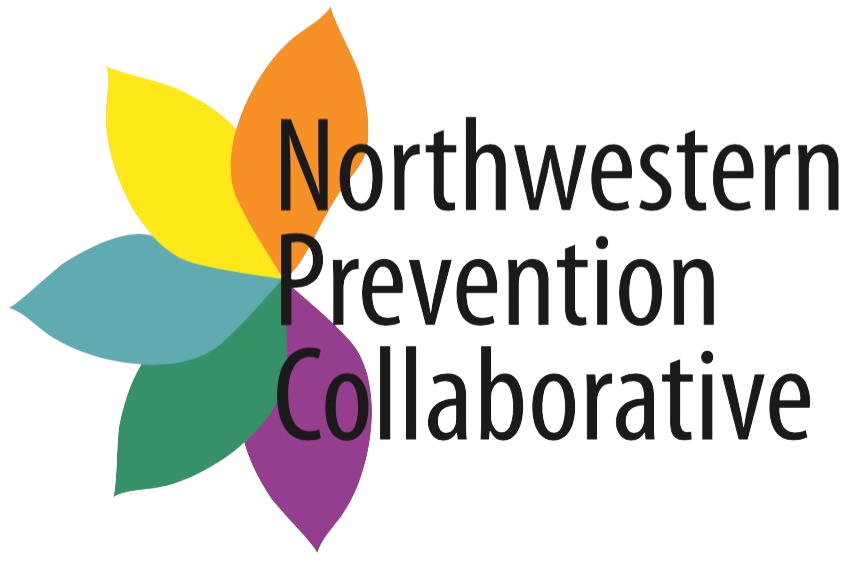If your New Year’s resolution for 2023 was centered around reconnecting with your children, we applaud you! Focusing on your relationships with your kids is critical to developing their resilience, helping them to become stronger adults ready to face life’s challenges. We know it is easy to let those resolutions slip, so we have a few tips we hope will encourage you.
1. Eat a meal together every day.
This is something that used to happen automatically, but then other things came into the picture—phones, TV, sports, long work hours, lengthy commutes, other activities. It all makes it hard to manage schedules and have a meal together! Yet this is where conversations happen. It doesn’t matter whether it is breakfast, lunch, or dinner. Take time to enjoy each other–no phones, no TV, just the family at the table talking about their day. If you can’t manage one of the typical three meals, then try creating a new tradition of having a hot drink or a snack together later in the evening. The key here is to have intentional time together. And everyone has to eat!

2. Listen with your whole self.
We are often preoccupied when our kids come up to us—sometimes, they seem to have a sixth sense that tells them when we are most distracted! Whenever possible, we should stop what we are doing and physically face them. Look them in the eye. These actions are critical to them knowing that we love them and care about what they are saying. This also ensures that we aren’t going to give a half-aware response when we should be asking questions.
If you can’t physically focus on them—perhaps you are driving a car at the time—restate what they’ve said to help them know that you are paying attention completely and engaged in the conversation.
There will be times when we can’t stop what we are doing to focus on them. That’s just life. At those times, we should be honest with our kids. Tell them we need a few minutes, or engage them in what we’re doing. We also must be conscious of the number of times we are putting tasks above our children. It is easy to get too focused on doing and neglect relationships.
3. Keep traditions.
Sometimes we create traditions without realizing it. Whether it is a specific meal on a certain day, a monthly game night or an annual hike, traditional activities often mean a lot to our kids. Their actions might not say it—for example, maybe you bake cookies when it snows and your kids never want to help. That doesn’t mean the tradition of baking cookies doesn’t matter to them. Maybe they just like to watch and talk while you bake. Sometimes they just want to be with you.
Pay attention to what your kids say and listen for what is important to them. When they ask why something isn’t being done like it always has been, consider whether that activity might be an important family tradition in their minds.

4. Make time for each other.
Maybe you’re thinking, “Wait, didn’t we do that when we talked about meals?” Well, yes. But this is on another level. This is taking the time to DO things together that the whole family enjoys. It can be a challenge to find such an activity! Whatever it is—a game, roller skating, bowling, movies—make time for it on a regular basis, monthly at a minimum. For a long time, in my family this was playing the card game Uno. Now that my kids are older, it’s hiking.
5. Use the Round-Robin concept.
If you can’t find one activity for #4, here is a different suggestion. At one point, our kids could rarely agree on what to do together. We set aside about 90 minutes and each person got to pick what we did for 20 minutes at a time. (The extra 10 minutes just sort of got absorbed by getting stuff out and cleaning up and maybe a little arguing.) The others couldn’t complain. Typically, we all ended up enjoying everything a lot more, and the time flew by.
6. Watch for important moments and engage.
Sometimes important moments happen out of the blue. A child brings up something that happened at school late at night. A teen shares a story of one of his buddies who got into some trouble. You have a car ride with just you and one child and she begins asking questions. These are all times to pay attention to what is being said, because your child is reaching out and seeking guidance through your reactions and what you say. Through these opportunities, you can carefully share thoughts and viewpoints and get some insight into your child as well.
We hope these six tips will help you re-connect with your children in 2023. There is a lot here, and it will take thought and intention to incorporate them into your life in a way that fits your family. As parents, we are always learning about ourselves, our kids, and how to parent, so don’t get discouraged if you make mistakes. Admit your error and try again. That will help your kids know it’s okay to make mistakes, which builds their resilience. And they will likely respect you more for having the courage to concede that you aren’t perfect!
Resources
Several of the tips in here relate to active listening. For more information on this topic, visit https://www.cdc.gov/parents/essentials/communication/activelistening.html
View our other articles on talking with your kids:




Comments are closed.